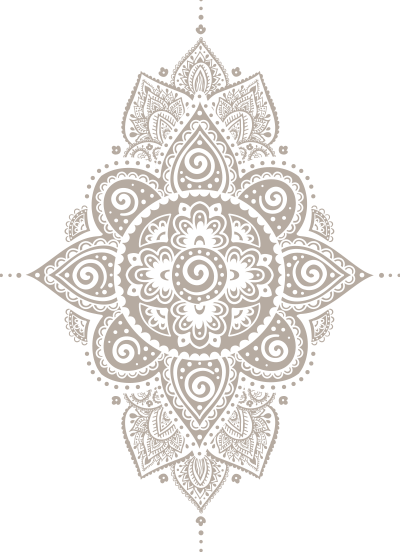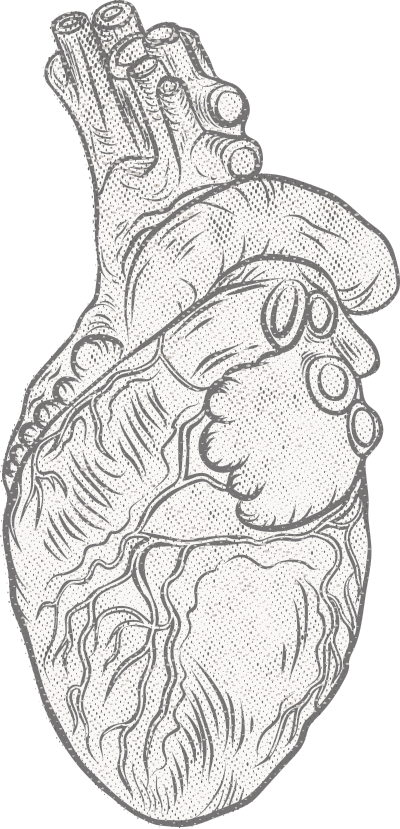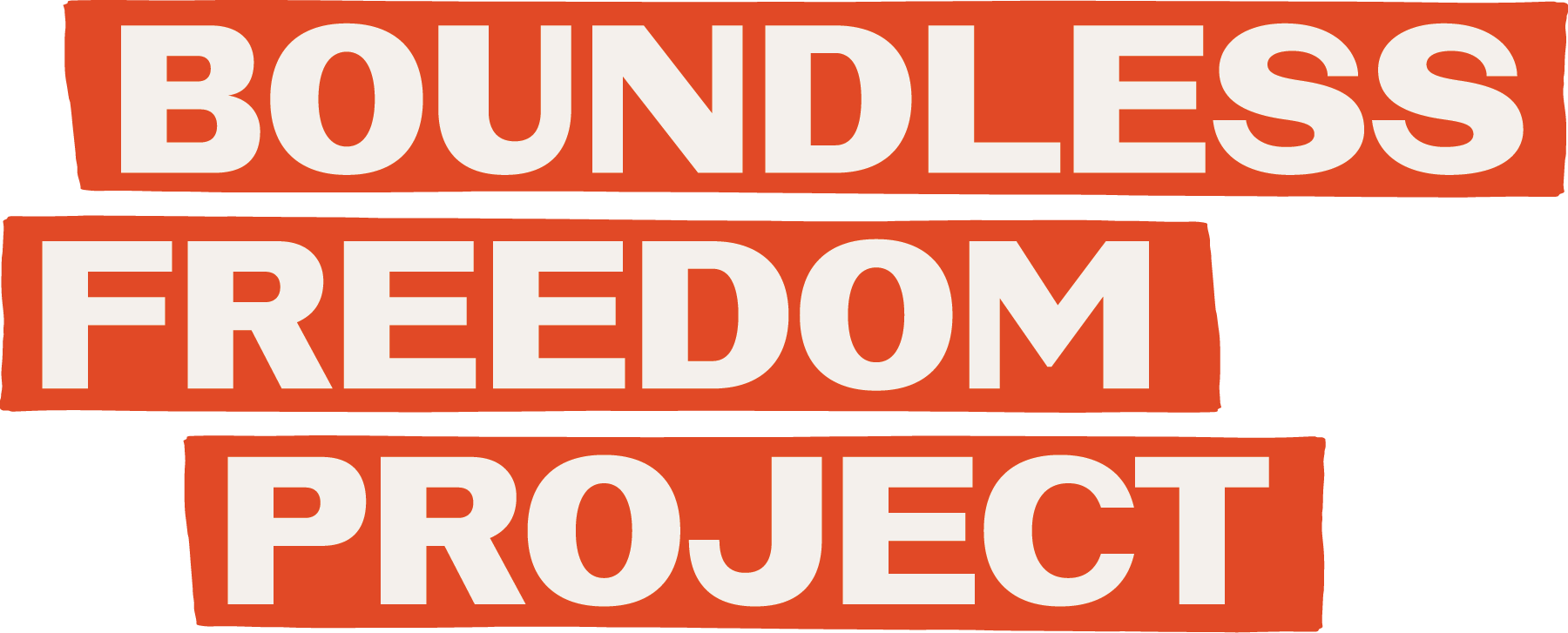Join the Movement
Take the first step – stay up to date by joining our email newsletter.

Our Mission
Lighting a path to freedom by sharing mindfulness, ethics & compassion practices with people impacted by incarceration.
OUR Vision
May we live in a just and equitable world where all beings are free.
WHAT WE BELIEVE
People affected by incarceration are underserved and they equally benefit from the practices and tools that have changed our lives and the lives of so many practitioners. Every person, even those who are locked in cages, are a part of the broader human sangha. We aim to reconnect these people with community and to remind the outside world that we are all tied to one another.
WHAT WE DO
We continue to expand and develop our offerings of Buddhist services and mindfulness programs both for our sanghas inside prison and in support of returning citizens. We share meditation, mindfulness and movement practices, encourage healing and creativity, co-create safe and inclusive communities (sanghas), advocate for decarceration, and support artists, Buddhists, change agents, dharma practitioners, meditators, teachers, and movement facilitators interested in working in the prison system!
“The practice of Buddhism has affected every single area of my life. I am at peace with who I am and I love resting in the freedom, happiness, and peace that I have discovered within.”
Al P.
Inside sangha member, CSP Solano

Representation & HUmanizing Language
Boundless Freedom Project is committed to making this organization reflective of the populations we serve. Therefore, we have made a conscious effort to include the voices of those directly impacted by incarceration at all levels of the organization. We have directly impacted individuals on our board, staff and volunteer base. We recognize incarceration impacts certain communities and parts of our population more than others and we strive to represent those most impacted.
At Boundless Freedom Project we are committed to using humanizing language. This means we do not use words such as inmates, convict, prisoner, ex-con, felon, etc. to describe the people we work with. Instead we use people-first language and use words like people, brother, sister, friend, community member, person experiencing incarceration, person living inside prison, sangha member, formerly incarcerated person, etc. we believe our words have power and hold the possibility to humanize and affirm our inherent dignity. Learn more about humanizing language here.
